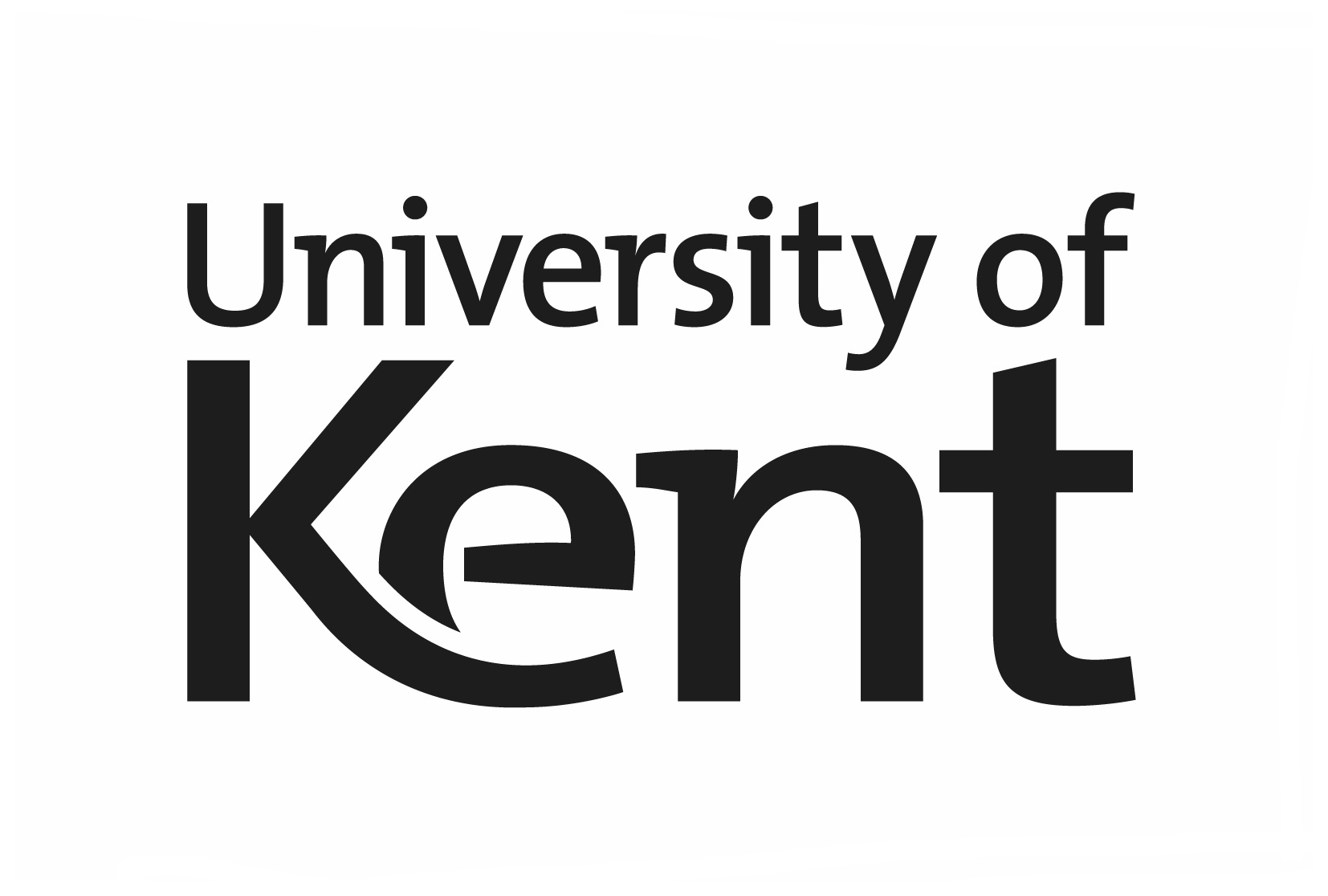

15th South East Mathematical Physics
Seminar
The fifteenth meeting of the
South East Mathematical Physics Seminar will be held on
Wednesday 15th January 2020
at the University of Kent. The meeting is
supported by a London Mathematical
Society Joint
Research Groups grant.
There is no registration fee, but it would be helpful if you could
register in advance by emailing
Clare Dunning (tcd at kent.ac.uk).
The talks will be in the School of Mathematics, Statistics and Actuarial Science has moved into
the
Sibson building. The day will start at 11.30am with coffee in Sibson SMSAS Staff room on floor 2
followed by the first talk at 12.00.
12.00
Peter Clarkson (Kent)
Symmetric Orthogonal Polynomials
Sibson seminar room 2
In this talk I will discuss symmetric orthogonal polynomials on the real line. Symmetric polynomials give rise to orthogonal systems which have important applications in spectral methods, with several important advantages if their differentiation matrix is skew-symmetric and highly structured. The symmetric orthogonal polynomials discussed will include a modified Hermite weight, which arises in random matrix theory, and a sextic Freud weight, which arises in the matrix model in two-dimensional quantum gravity. It is well-known that orthogonal polynomials satisfy a three-term recurrence relation. I will show that for modified Hermite weight the coefficients in the recurrence relation are expressed in terms of special function solutions of the fifth Painleve equation and for the sextic Freud weight in terms of solutions of Wronskians of generalised hypergeometric functions.
13.00
Lunch
Sibson Cafe
14.15
Tamara Grava (Bristol/SISSA)
Sibson seminar room 1
Multi-point correlators for the Laguerre partition function
Sibson seminar room 1
We consider the Laguerre partition function, and derive explicit generating functions for connected
correlators with arbitrary integer powers of traces. It was recently proven by Cunden Dahlqvist and O'Connell that correlators
have a topological expansion in terms of weakly or strictly monotone Hurwitz numbers, that can be explicitly computed from our formula.
As a second result we identify the Laguerre partition function with only positive couplings
with the modied GUE partition function, which has recently been introduced as a generating function of Hodge integrals.
This identication provides a direct and new link between monotone Hurwitz numbers and Hodge integrals.
15.15
Tomasz Lukowski (Hertfordshire)
Scattering amplitudes from positive geometries.
In this talk I will review recent developments on geometric approaches to scattering processes. These approaches do not rely on the usual axioms of quantum field theories like unitarity and locality which instead become emergent concepts coming from positivity. Geometric methods also makes many properties of scattering amplitudes manifest and allow to find the answer without referring to lengthy Feynman calculations.
16.15
Tea
16.45
Juan Miguel Nieto García (Surrey)
Scalar products for massless AdS_3
In this talk I will discuss the computation of scalar products of Bethe vectors in the massless sector of AdS_3 integrable superstring theories. This is done both for the the pure Ramond-Ramond case and the BMN limit of the mixed-flux case. To that end, we use a generalization of the "composite model trick", developed in previous literature for standard R-matrices, to the present non-conventional case. We show that these scalar products can be written in terms of a determinant.
18.00
Paul Sutcliffe (Durham)
Sibson lecture theatre 3
Excitable Waves
A Mexican wave in a football stadium, a heartbeat, the motion of slime
mould, and oxidation waves in certain chemical reactions, are all
examples of excitable waves. The talk will describe the mathematical
modelling of excitable waves and how this can be used to understand some
unusual wave patterns created recently in chemical experiments that
produce a happy reaction.
Practical Information
Local travel information including maps may be found here.
Train information may be obtained from here.
The quickest train from London to Canterbury (West) takes 54 minutes from St
Pancras International.
Funds are available to help with travel expenses of
participants with limited sources of funding. We hope that this
will encourage postgraduate students and postdocs to attend the
meeting. Please email Clare Dunning (tcd at kent.ac.uk)
in advance if you would like to apply for support.

